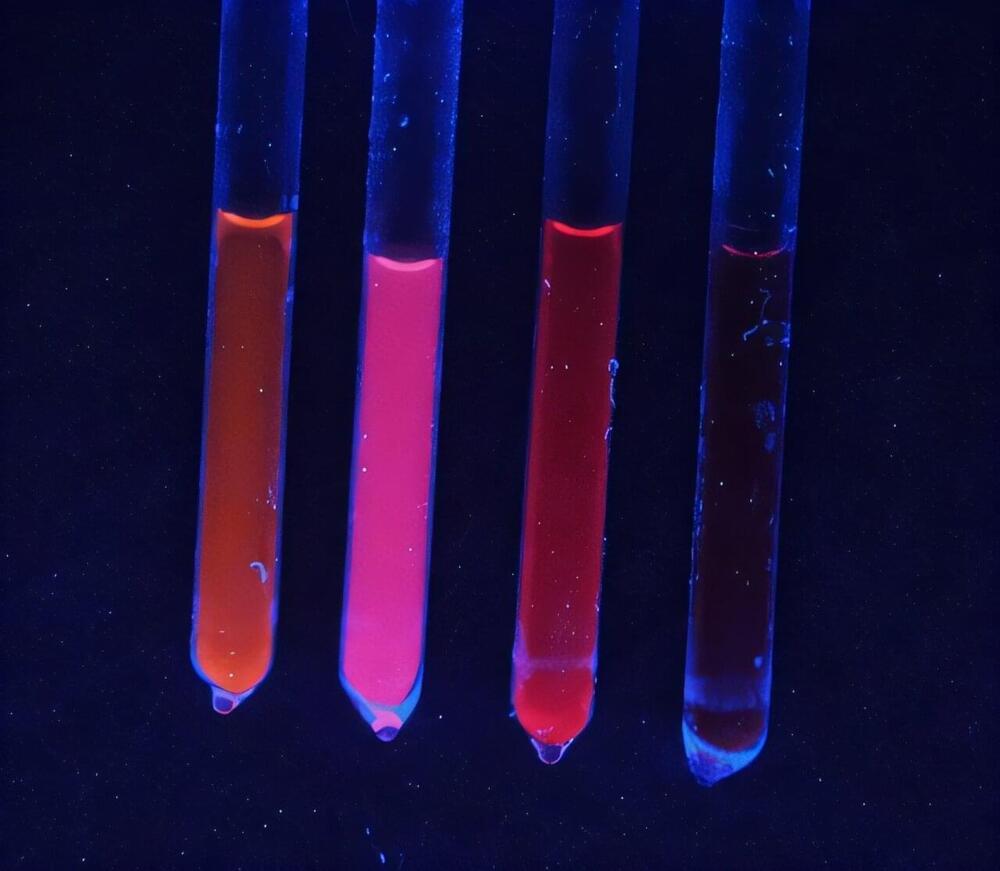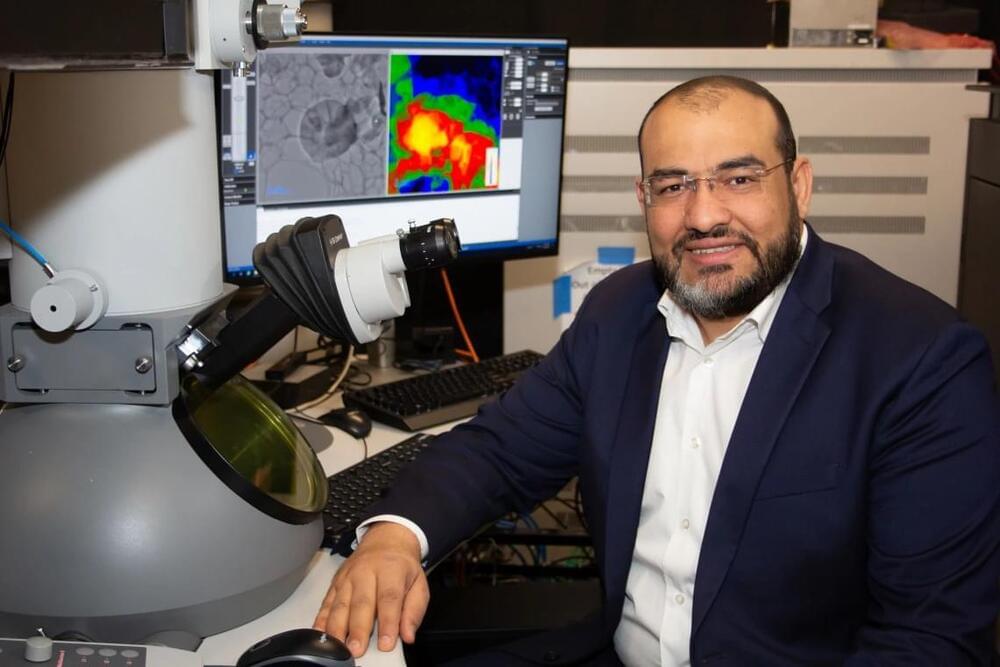Oct 28, 2024
Computers normally can’t see optical illusions — but a scientist combined AI with quantum mechanics to make it happen
Posted by Jose Ruben Rodriguez Fuentes in categories: information science, particle physics, quantum physics, robotics/AI
The AI system is dubbed a “quantum-tunneling deep neural network” and combines neural networks with quantum tunneling. A deep neural network is a collection of machine learning algorithms inspired by the structure and function of the brain — with multiple layers of nodes between the input and output. It can model complex non-linear relationships and, unlike conventional neural networks (which include a single layer between input and output) deep neural networks include many hidden layers.
Quantum tunneling, meanwhile, occurs when a subatomic particle, such as an electron or photon (particle of light), effectively passes through an impenetrable barrier. Because a subatomic particle like light can also behave as a wave — when it is not directly observed it is not in any fixed location — it has a small but finite probability of being on the other side of the barrier. When sufficient subatomic particles are present, some will “tunnel” through the barrier.
After the data representing the optical illusion passes through the quantum tunneling stage, the slightly altered image is processed by a deep neural network.

















